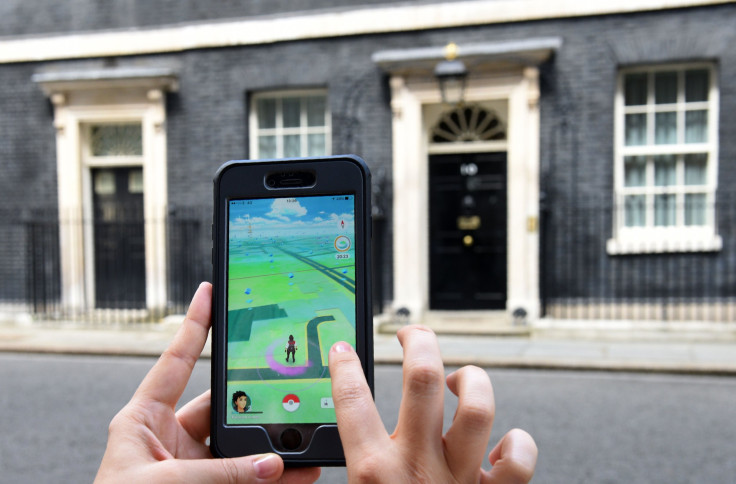Who Owns Pokemon Go? Video Game Maker Nintendo Makes A Comeback With App Game, Pokemon Go Plus

There has been no shortage of interest in Pokemon Go, the free augmented reality game released on July 6 for iOS and Android devices that is sweeping the tech world. The popularity of the game has been a boon for Nintendo Ltd. (OTCPK: NTDOY), which owns 32.8 percent of The Pokemon Company.
Nintendo, a Kyoto-based company that evolved into a video game maker in the 1970s, has seen its price of shares surge in the last week. Revenue for Pokemon Go comes from an in-game purchase model, which is notable because the game has attracted so many users (it topped over 15 million downloads) that servers have been crashing. In a week, the app has helped Nintendo grow its capitalization by an estimated $12 billion to about $30 billion.
But it’s difficult to gauge how much Nintendo actually earns off Pokemon Go because the app is a part of Pokemon Co., which is developed and distributed by start-up Niantic Inc., a San Francisco-based company that was spun out by Google in 2015. Apple and Google also receive a share of Pokemon Go revenue.
“It is unclear exactly what [Niantic’s] economic interest is in the game, but we presume that out of every 100 units earned at the app store, 30 would go to Apple, 30 to Niantic, 30 to Pokémon and 10 to Nintendo,” according to a report by Macquarie Capital Securities Analyst David Gibson.
"It isn't a money maker [for Nintendo]," Joost van Dreunen, CEO of SuperData Research, told CNBC. Van Dreunen described the commensurate amount of revenue of $3 million to $4 million as “a drop in the bucket” for Nintendo, a company with an estimated capitalization over $30 billion.
However, Pokemon Go have helped provide opportunities for Nintendo, which hasn’t completely switched from hardware to software. Last summer, the company announced plans for the launch of Pokemon Go Plus, a Bluetooth-power device that a user can wear on their wrist or pinned to their clothing. Priced at $35, the device vibrates for gamers to simply press a button to capture a nearby Pokemon.
Nintendo also gains perhaps some much-needed buzz by being associated with such a phenomenon. While smartphone games rarely maintain a long-term audience, Nintendo gets a boost for being associated with a media franchise that dates back to 1996 and for finally having a legitimate presence in the mobile market. Plus, Pokemon Go can evolve with more revenue streams and there are still many countries that have yet to be introduced it, like Japan, which has more mobile phones in use than its population.
And the U.S. growth may just be getting started. According to SurveyMonkey, Pokemon Go had set the record for active users by July 12, with an audience of 21 million.
"If nothing else, Pokemon GO has shown that there are 'dormant' Nintendo fans eager to trial its content for smartphones," Deutsche Bank analysts wrote.
© Copyright IBTimes 2025. All rights reserved.





















